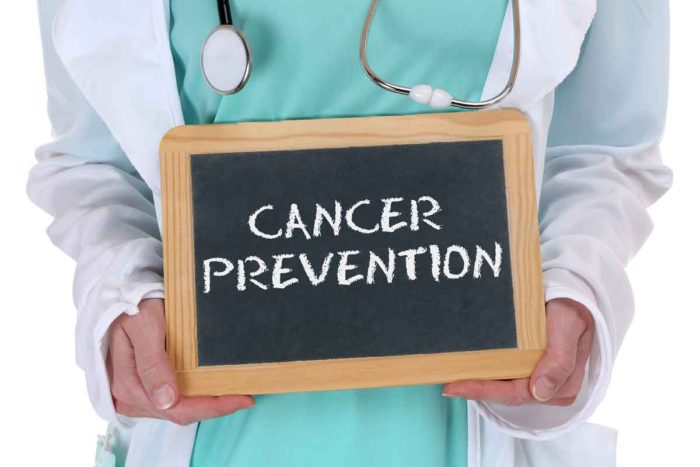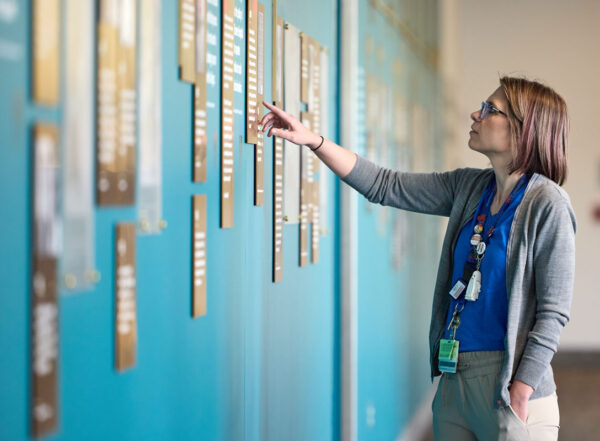Experts call for increased efforts to prevent cancer
Strategies known to prevent cancer could cut disease rates in half
 Getty Images
Getty ImagesCancer-prevention experts call for education efforts and the expansion and implementation of programs, legislation and practices intended to help people improve their health in order to halt cancer development.
That the first public health revolution occurred more than a century ago might surprise people, according to some historians. Before the discovery of penicillin or the polio vaccine, life expectancy improved dramatically because of relatively simple ideas implemented on a massive scale, including improved sanitation, safer food storage and quarantines to prevent the spread of infectious disease.
Public health officials now argue that a similar revolution — simple ideas implemented on a massive scale — could cut cancer rates in half.
“To make major gains against cancer we don’t need new medical discoveries,” said senior author Graham A. Colditz, MD, PhD, the Niess-Gain Professor of Surgery and deputy director of the Institute for Public Health at Washington University in St. Louis. “That type of research is important, but we also must work to put strategies that we know prevent cancer into widespread practice.”
Strategies for cancer prevention are outlined March 9 in The New England Journal of Medicine by researchers from Washington University School of Medicine in St. Louis and the Harvard School of Public Health.
“Our challenge is to act on the knowledge we have,” said Colditz, who also is associate director of prevention and control at Siteman Cancer Center at Barnes-Jewish Hospital and Washington University School of Medicine in St. Louis. “We need to stack the deck for prevention — embrace the opportunity to reduce our collective cancer toll by changing the way we live.”
Colditz and his colleagues call for education efforts and the expansion and implementation of programs, legislation and practices intended to help people:
- Quit smoking or never start;
- Prevent weight gain or lose excess weight;
- Increase physical activity;
- Eat more fresh produce;
- Get appropriate cancer screenings and vaccinations.
While the ideas are straightforward and known to reduce cancer rates, the investigators said widespread implementation of this knowledge has proven difficult. With that in mind, Colditz and his colleagues call for increased research into how best to break down barriers that keep these basic public health tenets from widespread adoption. Among possible approaches to address such barriers: individual doctors speaking to patients; institutional involvement, regarding the writing of patient-care guidelines; or community involvement, regarding the development of government policies that may affect public health.
The researchers said smoking rates are an important example of how such ideas could be expanded beyond current practices. They call for increased taxes on cigarettes but also expanding access to smoking-cessation programs, especially for patients already receiving health care. According to the researchers, only about half of substance-abuse treatment facilities provide counseling for smoking cessation and just over one-third of such facilities ban smoking altogether, despite data showing that cessation counseling and support can be effective in helping such patients quit smoking. In Massachusetts, for every $1 spent on Medicaid-supported smoking-cessation services, the state saves more than $2 in health-care costs.
Going further, the researchers said all cancer patients who smoke should receive help in quitting. According to a surgeon general’s report cited by the investigators, patients who quit at the time of diagnosis are at lower risk of dying from any cause, regardless of the type of cancer they have.
“The main point we want to convey is preventing cancer can be done through current knowledge and research,” Colditz said. “Successful intervention models already exist. Now is the time to use these resources to educate and engage community members to make healthy lifestyle changes, which will result in reduced cancer risk.”








